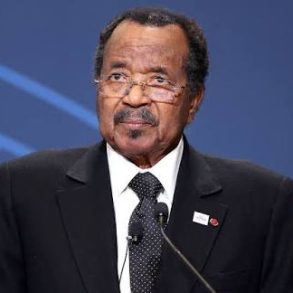Minister of Humanitarian Affairs and Poverty Alleviation, Dr Betta Edu says, the federal government will create a trust fund for emergencies and humanitarian responses in Nigeria.
The minister stated this while answering questions from newsmen who interviewed her on the ministry’s agenda and how to renew the hope of millions of Nigerians in the country.
Dr. Edu said there would also be follow-up protocols to be able to monitor the beneficiaries of the social intervention programmes of her ministry.
She said humanitarian affairs and alleviating poverty was the flagship programme of the renewed hope of Tinubu’s administration, assuring Nigerians that she would not disappoint them.
“We are going to create a trust fund for emergency responses and humanitarian response in the country, and create protocols for this response to know what to do when to do it and how to do it, and who are the people that should be beneficiaries from it.
“We are not going to be dependending on only governments to be able to carry out poverty alleviation, humanitarian crisis responses, and the rest of it. Governments have their parts to play, and we are very confident that the President is committed to this, especially with funds that have been saved from the fuel subsidy removal.
“Beyond this, we are bringing the private sector fully into the humanitarian poverty space, I’m sure you remember what happened during the COVID pandemic where we had private sector coming fully in the name of CA-COVID, and they were able to contribute as part of the social responsibilities.
“We will deploy the same strategy to get private sector fully involved in humanitarian response, as well as the poverty alleviation programmes and interventions which we will carry out as government.
“Only yesterday I had a meeting with the head of UNICEF, and they have promised to come into that space and support with over $270 million. Several other partners are willing to come in.”
Continuing ,the minister added “We are setting up a situation room. UNICEF will be working with us to set up a humanitarian situation room so that we can monitor, prevent, mitigate and reintegrate people when they have humanitarian crisis back into society, handling them appropriately.”






